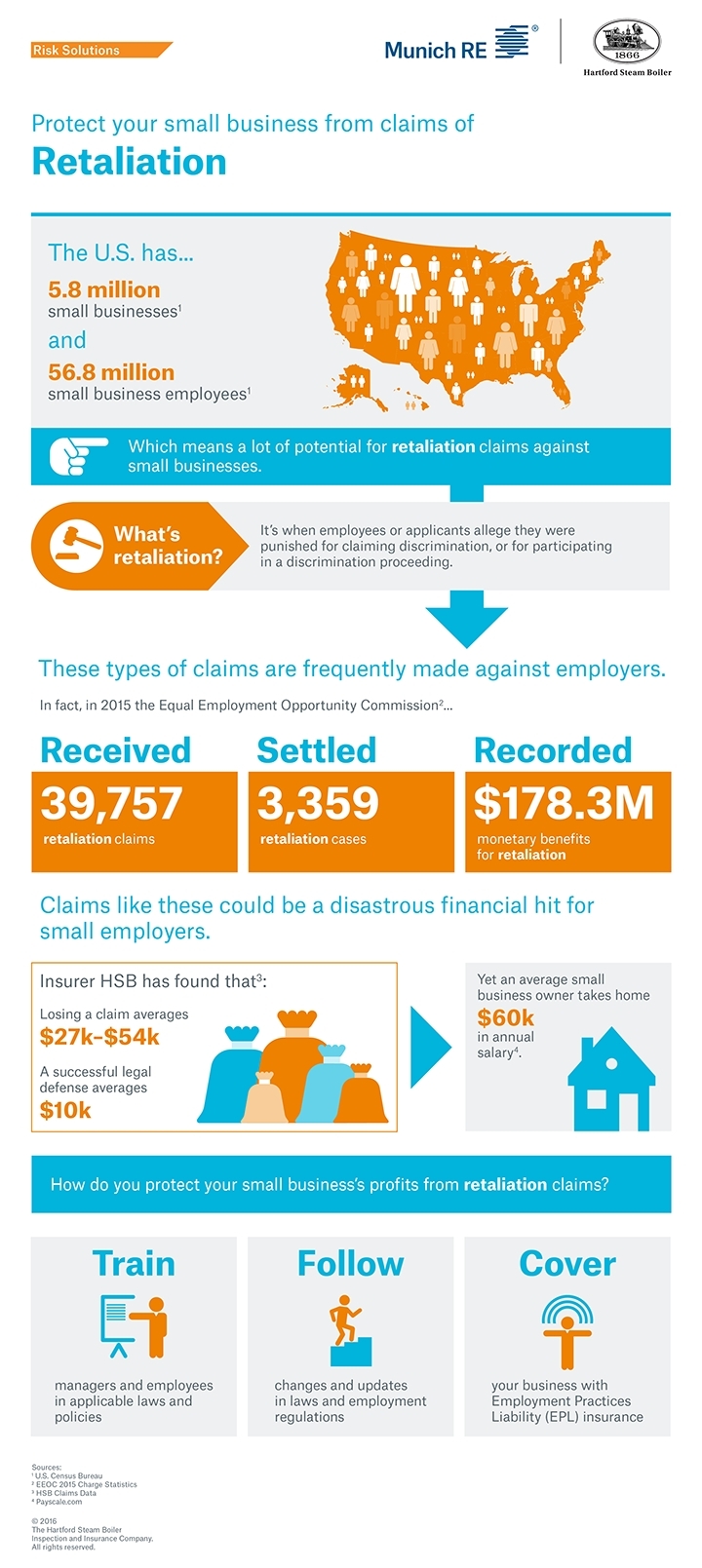Cleaning, Discarding Documents Needs To Done; But There Are Caveats
Smaller firms often neglect records and paper clean-up and organizing.
When they do get around to the task, they often keep what is not necessary and discard critical documents.
Although the time for spring cleaning is months overdue, a North Carolina company says that now is the perfect time of year to get business paperwork in order.
“Businesses typically wait until the end of the year to do a records purge,” says Gail Bisbee, president and chief executive officer of Confidential Records Management Inc. (CRMI), a New Bern-based company specializing in document management.
“While it’s a good idea, going through a year’s worth of documents can be overwhelming, and that often leads to avoiding the task all together.”
Completing a paper purge twice a year makes the overall process easier, and also allows business owners to save office and file space, and locate documents more easily.
CRMI specializes in certified document destruction, a process that ensures that confidential and proprietary information is disposed of in a way that complies with regulatory statutes, and provides security and privacy for a company and its customers.
Before business owners start shifting through their documents, Bisbee reminds them, “Some state and federal regulations require businesses to retain certain documents, so prepare before you toss.”
Documents should then be sorted into two piles: keep and toss. Owners should seek professional advice to determine which documents should be kept and for how long. In the event of an audit, all documents are considered fair game for review, Bisbee says, so owners should use discretion when determining what to keep.
“Store documents in a locked, climate and access-controlled location,” she says. “Your information will be safe from identity theft, and it will stand the test of time.”
When throwing out a small volume of information, Bisbee recommends using a high-end shredder that makes multiple cuts. “Thieves often comb through garbage for information and have been known to tape together single-shred documents,” she explains.
For larger jobs, many businesses enlist the services of a company that ensures confidential destruction.
“Then, stay on top of managing your records by planning another purge day, about six months from your previous one, and stick to it,” Bisbee says. “By doing it right, your business will be more efficient, safer and legally compliant.”
CRMI provides clients with locked security bins to hold sensitive and confidential documents. CRMI then picks up the bins for shredding at one of its secure locations. The company also provides an on-site destruction service in partnership with a fleet of mobile shredding vehicles.
For more information about Confidential Records Management Inc., visit www.crmi-online.com.




